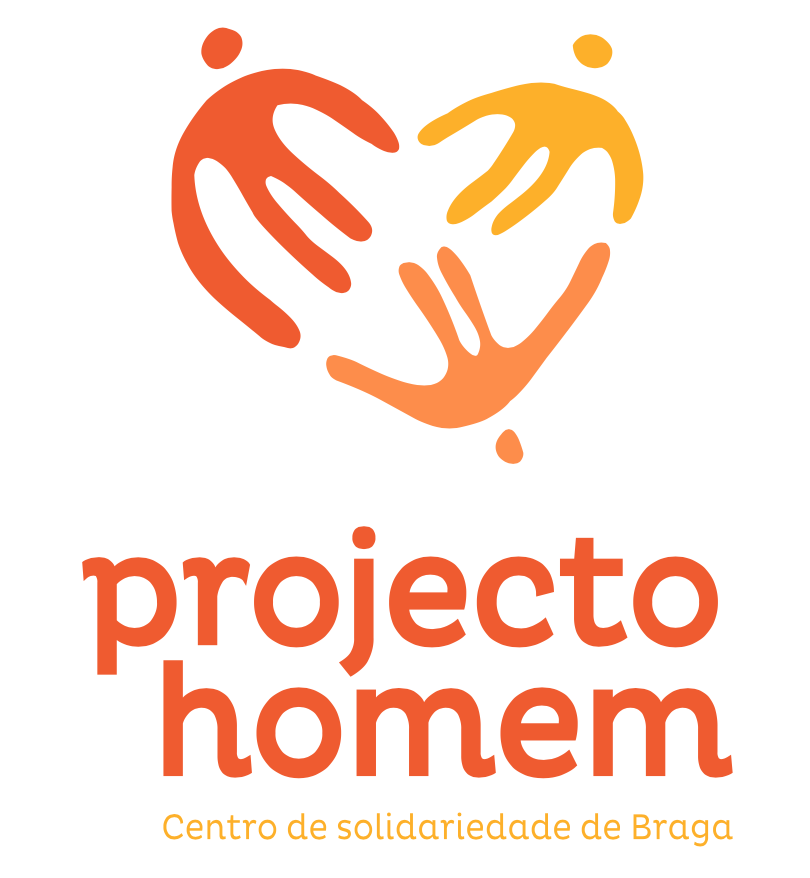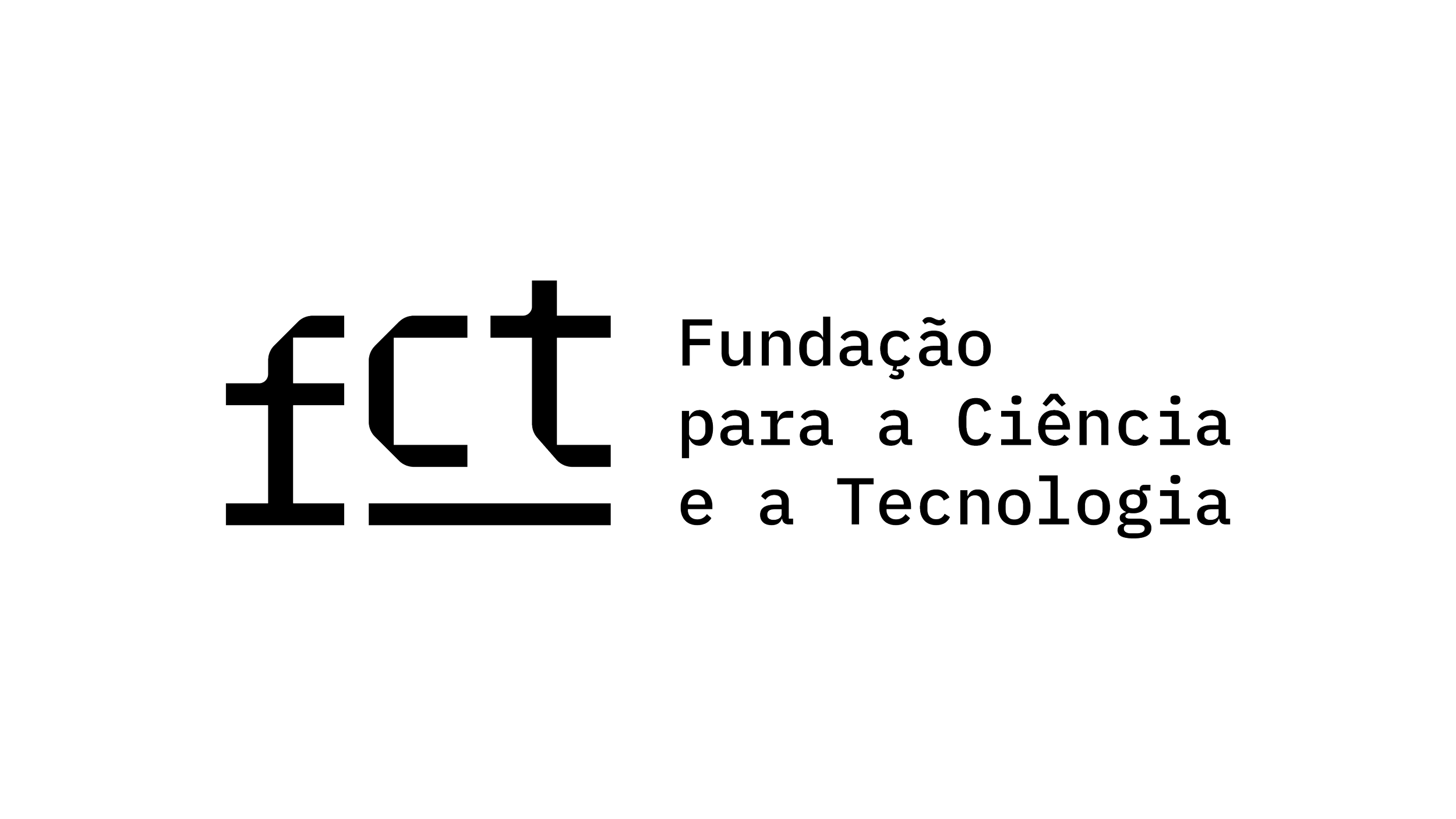Organisation:
Support:
EWODOR Conference
ewodor2025@projectohomem-braga.pt
9th and 10th October 2025 - Braga
Aula Magna, Universidade Católica Portuguesa
Addiction, mental health, and recovery:
From research to practice
Centro de Solidariedade de Braga – Projecto Homem, Universidade Católica Portuguesa, and EWODOR (European Working Group On Drug-Oriented Recovery Research) are receive you for the 2025 EWODOR symposium. EWODOR has a long tradition of bringing together researchers and practitioners from all over Europe and beyond to exchange recent insights and findings around addiction treatment and recovery. This year, the theme will be dedicated to “Addiction, mental health, and recovery: From research to practice”.
Academics and researchers, institutions and practitioners, and all those interested are invited to participate in this exciting event. The meeting is scheduled for October 9 and 10, 2025, in the Aula Magna of the Faculty of Philosophy and Social Sciences in the Campus of Braga of the Portuguese Catholic University.
Program, October 8, 2025
Reception for Participants
It is with great satisfaction that the Mayor of Braga welcomes this prestigious scientific conference and, in particular, all its national and international participants. This unique moment aims to recognize the EWODOR Conference, which enriches not only academic and scientific debate, but also the cultural and social life of Braga. It is a good opportunity to begin discovering the heritage, hospitality and liveliness of a two-thousand-year-old city full of charm. It will be a first opportunity for everyone to get to know each other, facilitate the sharing of knowledge, create new partnerships and deepen ties between different countries.
18h00
Program, October 9, 2025
Opening session
Paulo Dias (Pro-Rector da Universidade Católica Portuguesa-Braga, CeSB - Projecto Homem Braga)
Marica Ferri (European Union Drugs Agency, EUDA)
Phaedon Kaloterakis (President of European Federation of Therapeutic Communities, EFTC)
Sushma Taylor (President of the World Federation of Therapeutic Communities)
Ricardo Rio (Mayor of Braga)
Guilherme Meneses (President of Centro de Solidariedade de Braga - Projecto Homem)
9h30
10h15
Keynote 1:
Jo-Hanna Ivers (Trinity College) - From harm to hope: The science of addiction
Moderator: Phaedon Kaloterakis (EFTC President)
Coffee Break
11h00
Mulka Nisic (University of Derby) - Gendered pathways to addiction recovery across Europe: From inequality to recovery capital
Moderator: Dirk Vandevelde (EFTC board member)
11h30
Parallel Session (12/15 minutes each communication)
12h00
Lunch
13h30
Keynote:
Carmela Martínez Vispo (University of Santiago de Compostela) - Substance use and mental health: Evidence and implications for prevention
Moderator: Oriol Esculies (Proyecto Hombre, Espanha)
15h00
Parallel Session (12/15 minutes each communication)
15h45
Coffee Break
17h15
Keynote:
Wouter Vanderplasschen (Ghent University) – No more islands in the stream: Towards the integration of mental health and addiction services
Moderator: Andrea Ascari (FICT - Federazione Italiana Comunità Terapeutiche, Italy)
17h45
18h30
General Assembly of EFTC
Program, October 10, 2025
12h00
14h00 às 16h30
17h00 às 19h00
Keynote:
Pedro Hubert (Instituto de Apoio ao Jogador) - Online gambling: From childhood to adulthood through adolescence
Moderator: Pauline McKeown (EFTC board member)
9h30
Parallel Session (12/15 minutes each communication)
10h00
Coffee Break
11h30
Keynote
Emily A. Hennessy (Director of Biostatistics, Recovery Research Institute) - Recovery as a social process: Evolving networks and shifting identities
Moderator: Pauline McKeown (EFTC board member)
12h30
Closing Session:
João Goulão (Director General of Institute for Addictive Behaviours and Dependencies, I.P.)
Wouter Vanderplasschen (Ghent University)
D. José Cordeiro (Arcebishop of Braga) - To be confirmed
Workshops (in Portuguese)
Wouter Vanderplasschen (- International recovery researchers' meeting
Pedro Hubert (Instituto de Apoio ao Jogador) - Linhas orientadoras sobre intervenção e tratamento no problema de jogo
João Faria (Partners in Neurosciense) - Gaming is life: Do saudável ao patológico e como clinicamente o diferenciar
15h00 às 17h00
You can register for the event:
Registration fees after October 1th, 2025:
- Participants with presentation (general) | Participantes com apresentação de comunicação (geral) - 150€
- Participants without presentation | Participantes sem apresentação de comunicação - 150 €
- Students (no communication) | Estudantes (sem comunicação) - 130€
Some suggestions for hotels:
How to get to Braga:
Mark Griffiths
Nottingham Trent University
João Goulão
Institute for Addictive Behaviours and Dependencies, I.P.
Carmela Martínez Vispo
University of Santiago de Compostela
Marica Ferri
Support to Practice at the European Monitoring Centre for Drugs and Drug Addiction
Keynote Speakers
Jo-Hanna Ivers
Trinity College
João Faria
Partners in Neurosciense
Mulka Nisic
University of Derby
Wouter Vanderplasschen
Ghent University
Emily A. Hennessy
Director of Biostatistics, Recovery Research Institute
Pedro Hubert
Instituto de Apoio ao Jogador
Wouter Vanderplasschen
Ghent University
Roberto Secades-Villa
University of Oviedo
Elisardo Becoña
University of Santiago de Compostela
Scientific Committee
Paulo Dias
Univer. Católica Portuguesa - Braga
CeSB – Projecto Homem Braga
Daniela Monteiro
Univer. Católica Portuguesa - Braga
CeSB – Projecto Homem Braga
Pedro Morgado
University of Minho
Andrea Ascari
Italian Federation of Therapeutic Communities
Diana Moreira
Univer. Católica Portuguesa - Braga
CeSB – Projecto Homem Braga
Con. Luís Rodrigues
Univer. Católica Portuguesa - Braga
Antonio Molina Fernandez
Complutense University
Daniel Rijo
University of Coimbra
Rui Abrunhosa
University of Minho
Andreia Azeredo
Univer. Católica Portuguesa - Braga
CeSB – Projecto Homem Braga
Alba González-Roz
University of Oviedo
Guilherme Meneses
CeSB - Projecto Homem Braga
Daniela Castro
CeSB - Projecto Homem Braga
Organizing Committee
Phaedon Kaloterakis
European Federation of Therapeutic Communities
Flávia Ferreira
CeSB - Projecto Homem Braga
Oriol Esculies
Asociación Proyecto Hombre
Sara Leite
CeSB - Projecto Homem Braga
About EWODOR
EWODOR is one of the oldest drug research and recovery networks in Europe.
The European Working Group on Targeted Drug Research (EWODOR) was founded in 1983 by Eric Broekaert (Ghent University, Belgium), Vera Segraeus (Uppsala University, Sweden) and Charles Kaplan & Martien Kooyman (Erasmus University Rotterdam, Netherlands) as the scientific branch of the European Federation of Therapeutic Communities (EFTC). EWODOR conferences are usually organized in partnership between a treatment organization and a local university. Recently, EWODOR conferences have been hosted by Aarhus University (Denmark, 2004), University of Oslo (Norway, 2007), University of Stirling (Scotland, 2009), University of Barcelona (Spain, 2011), Aristotle University of Thessaloniki (Greece, 2012), Trinity College Dublin (Ireland, 2014), LUMSA University Rome (Italy, 2016), Ghent University (Belgium, 2018) and University of Derby (England, 2020, cancelled).
Due to COVID-19 restrictions and changes in the organizing universities, EWODOR (European Working Group on Drug Oriented Recovery Research) has been transformed into a network of recovery researchers that holds regular meetings and organizes a biannual conference that will be used as a forum for international exchange on addiction recovery research and the role of treatment. We will continue EWODOR’s tradition of practice-based research as well as its focus on lived experiences to advance knowledge about addiction recovery.


















